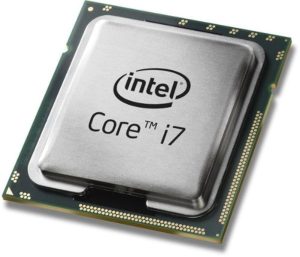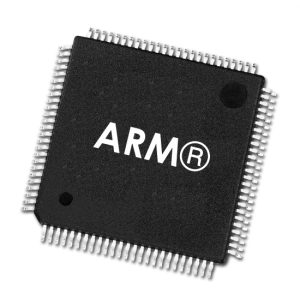 For years now the choice of processor when buying a windows laptop was limited to just two main options – Intel or AMD. Intel were seen as the safe choice, with AMD usually coming in slightly cheaper and offering better value pound for pound. In recent years laptops with ARM processors, similar to those in tablets and mobile phones, have started to gain market share, and on the face of it these devices offer a compelling alternative to Intel and AMD laptops. In particular these are found in , Copilot+ branded laptops, laptops with built in 5G internet and Windows based tablets.
For years now the choice of processor when buying a windows laptop was limited to just two main options – Intel or AMD. Intel were seen as the safe choice, with AMD usually coming in slightly cheaper and offering better value pound for pound. In recent years laptops with ARM processors, similar to those in tablets and mobile phones, have started to gain market share, and on the face of it these devices offer a compelling alternative to Intel and AMD laptops. In particular these are found in , Copilot+ branded laptops, laptops with built in 5G internet and Windows based tablets.
Should you buy a laptop with an ARM processor?
For IT decision-makers understanding the advantages and drawbacks of ARM-based laptops is crucial for making informed purchasing decisions. This article explores the key pros and cons of ARM processor-based laptops.
Good points:
- Energy Efficiency and Battery Life ARM processors are designed with energy efficiency in mind, leading to significantly longer battery life compared to Intel or AMD based laptops. This makes ARM laptops ideal for professionals who need to work on the go.
- Portability and Lightweight Design ARM-based laptops are often lighter and more portable due to their efficient architecture. This portability is a major advantage for professionals who travel frequently or need to carry their laptops between meetings.
- Cooler Operation ARM processors typically generate less heat compared to Intel and AMD processors. This cooler operation can lead to quieter laptops, as they often require less active cooling (like fans), which can be beneficial in quiet work environment.
Bad points:
- Software Compatibility Issues One of the main drawbacks of ARM-based laptops is their limited compatibility with certain software applications. Many programs designed for the Intel and AMD processors may not run natively on ARM processors. The examples of this that we’re seeing at Pro Drive range from certain VPN softwares not working through to issues with presenting when connecting to specific presentation systems.
- Limited Hardware Choices The market for ARM-based laptops is still growing, which means there are fewer hardware options available compared to Intel and AMD based laptops. This can limit the choices for businesses looking for specific configurations or features.
- Performance Trade-offs While ARM processors excel in energy efficiency, they may not match the raw performance of high-end Intel and AMD processors, especially for demanding tasks like video editing or 3D rendering. This can be a consideration for businesses with intensive computing needs.
 Summary
Summary
ARM processor-based laptops offer several advantages, including excellent energy efficiency & portability. However, they also come with some limitations such as software compatibility issues, limited hardware choices, and potential performance trade-offs.
Its important to review these pros and cons is essential to determine if ARM-based laptops are the right fit for their organization’s needs. Before making a purchase, you should seek advice from the IT professionals managing your systems – if you are a Pro Drive client then our helpdesk will be able to provide the appropriate advice.
If you are unsure about the best strategy for purchasing and maintaining your laptops then get in touch on 0330 124 3599 or hello@prodriveit.co.uk







